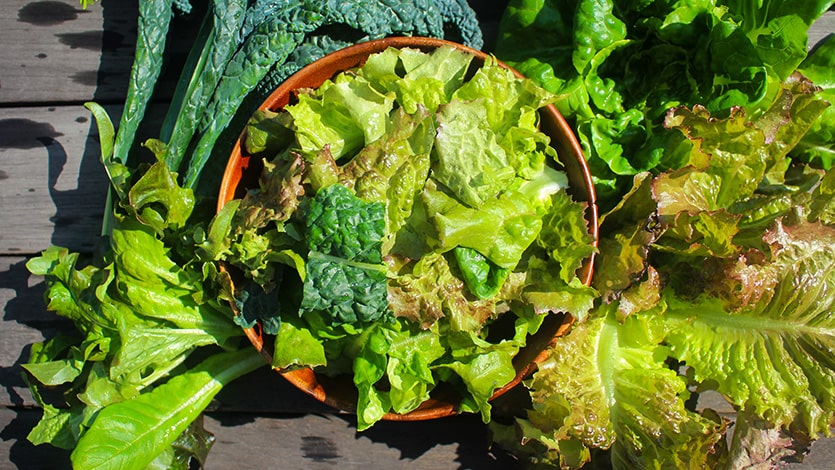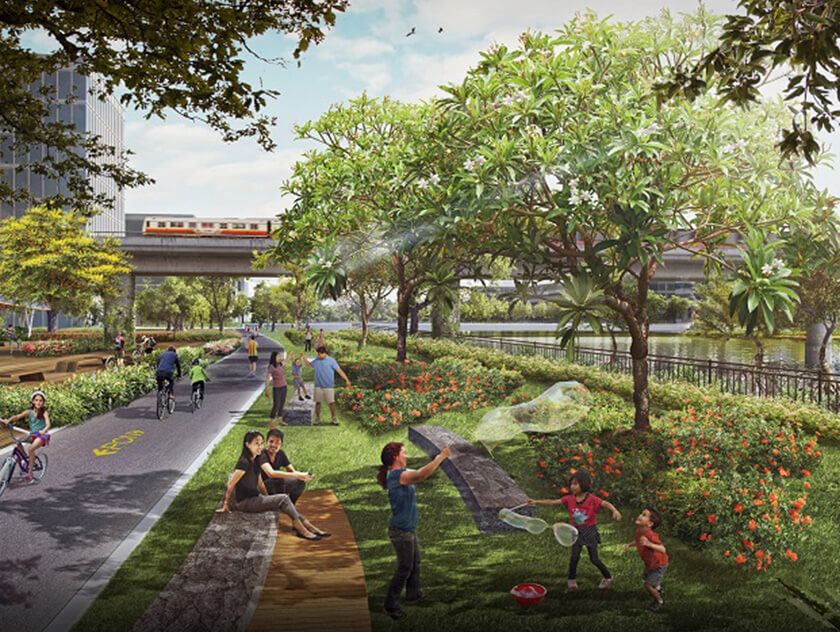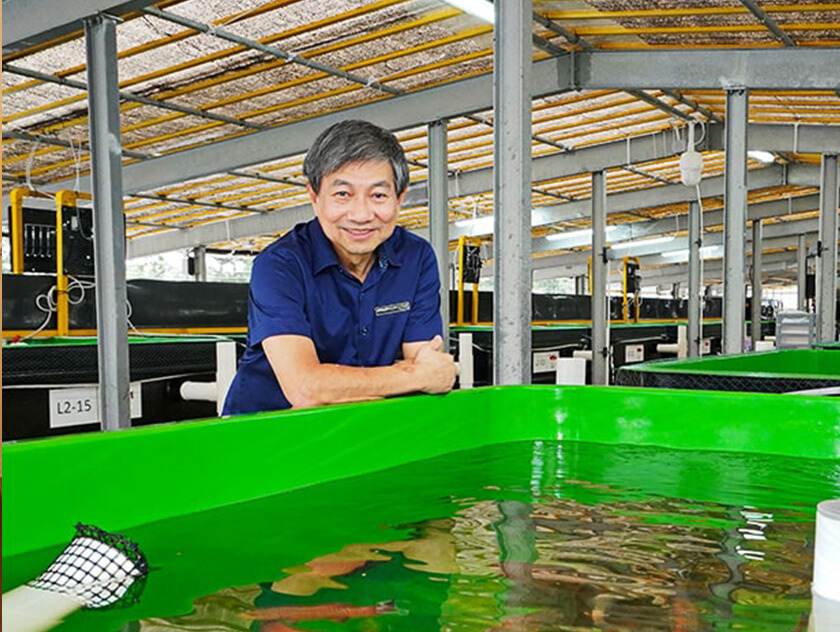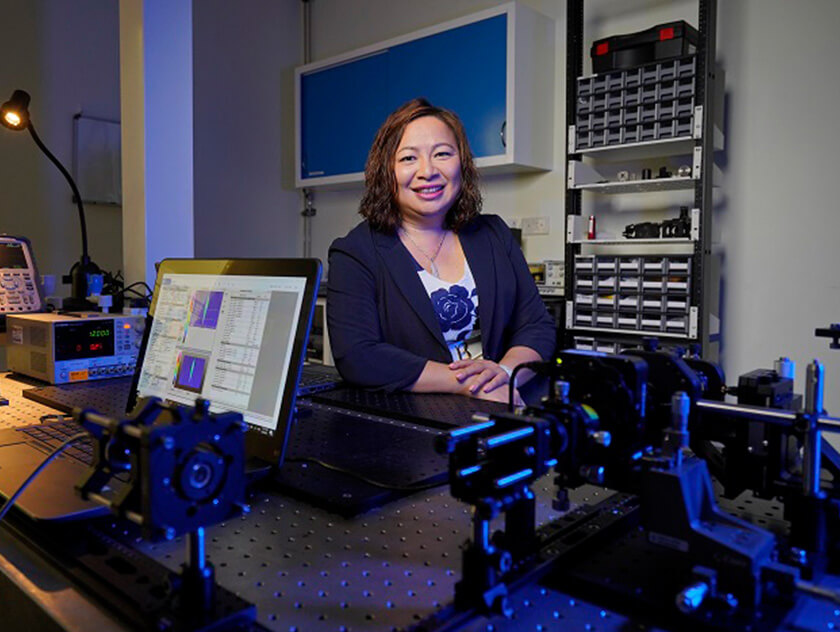“Real estate is very much at a premium here, and we don't have the luxury of land to conduct agriculture like other cities,” explains founder Sven Yeo. “So Singapore has to look into urban farming to maintain food security.”
By using technology such as climate control and data analytics, Archisen can grow lettuce, basil and other crops indoors using vertical systems. Various aspects of the plants’ growth and environment are carefully monitored and controlled, for fresher and more nutritious produce. “The result is improved productivity, higher crop quality and a reduction of labour,” adds Mr Yeo. Fresh produce grown at Archisen’s urban farm are currently sold online, under the brand Just Produce, in a variety of salad boxes which include crops such as lettuce, kale, sorrel and more.

Archisen’s vision is in line with plans for a new Agri-Food Innovation Park (AFIP) in Sungei Kadut, which will be rejuvenated into an eco-district that encourages the growth of budding industries such as agri-tech. At AFIP, agri-tech companies can gather to share resources, and collaborate on research and development to innovate new ways to produce food.
Sharing of services between these companies could be a gamechanger, especially in areas where it “doesn’t make sense for individual farms to invest in”, says Mr Yeo. “For instance, many farms here don’t have their own seed supply and have to purchase these from overseas suppliers. The process can be expensive because you need to buy a certificate to show that shipments are free from harmful pests and plant diseases. By pooling together funds and buying in bulk, firms could lower such costs.”
Additionally, he sees the potential for more collaboration between urban farms in Singapore. To date, collaboration has been minimal as the systems and processes used by various farms are not necessarily compatible.
But by being part of a larger ecosystem such as Sungei Kadut, farms could more easily share resources and services, such as diagnostic capabilities. At present, Mr Yeo notes that many farms are unequipped with the expertise to diagnose crop infestation problems or look into the nutritional profile of their produce. Diagnostic lab services to investigate such issues may also be too expensive for a single farm. However, such services are financially sustainable if shared by various farms.
Another possible synergy is coordinating key activities such as transportation to save costs. “For example, one farmer is growing microgreens and the other leafy greens, they share a common customer and are not direct competitors. Therefore, they could aggregate their produce and simplify logistics.”
Archisen itself has much to bring to the table when the eco-district comes to fruition. Aside from farming, the firm offers solutions in the fields of engineering and science.
For instance, the team employs skilled mechanical, electrical and automation engineers. These engineers look at factors like structure, ergonomics, ventilation and ways to maximise energy usage, to ensure that farms operate efficiently.
Archisen has also established numerous partnerships with local and overseas partners to further research & development (R&D).
One such partnership was a recent data science study with A*STAR that explored yield predictions of indoor farms. The team also engages biologists to study the physiology of the plants themselves.
“Food science is important to us too − we look at ways to increase the shelf life of our products and reduce food contamination,” adds Mr Yeo. “Our goal is to maintain the freshness of food for as long as possible, because it eventually goes to the food supply chain.”
Archisen is also exploring the idea of growing fruit crops in addition to its salad varieties. The project is currently in its research phase, and Mr Yeo admits that there are numerous technical challenges to consider.
As plants take months to produce fruit, longer experimentation periods are needed to determine if a particular climate setting is viable for crop growth. “Once the R&D improves and we’re confident that growth is viable, we will be able to launch the product,” he says.
All these efforts point back to Archisen’s main mission. “Beyond demonstrating that a farm is profitable, we’re demonstrating that it can be investable,” says Mr Yeo. He stresses that Archisen isn't merely investing in technology and research for academic purposes, but aims to create a commercially viable farming business in the long run.
“We’re striving to establish the largest network of urban farms in Asia, and we need to have an attractive value proposition to prospective partners and investors to work with us,” he says. “Then we’ll be able to build more farms to address Singapore's food security concerns.”


